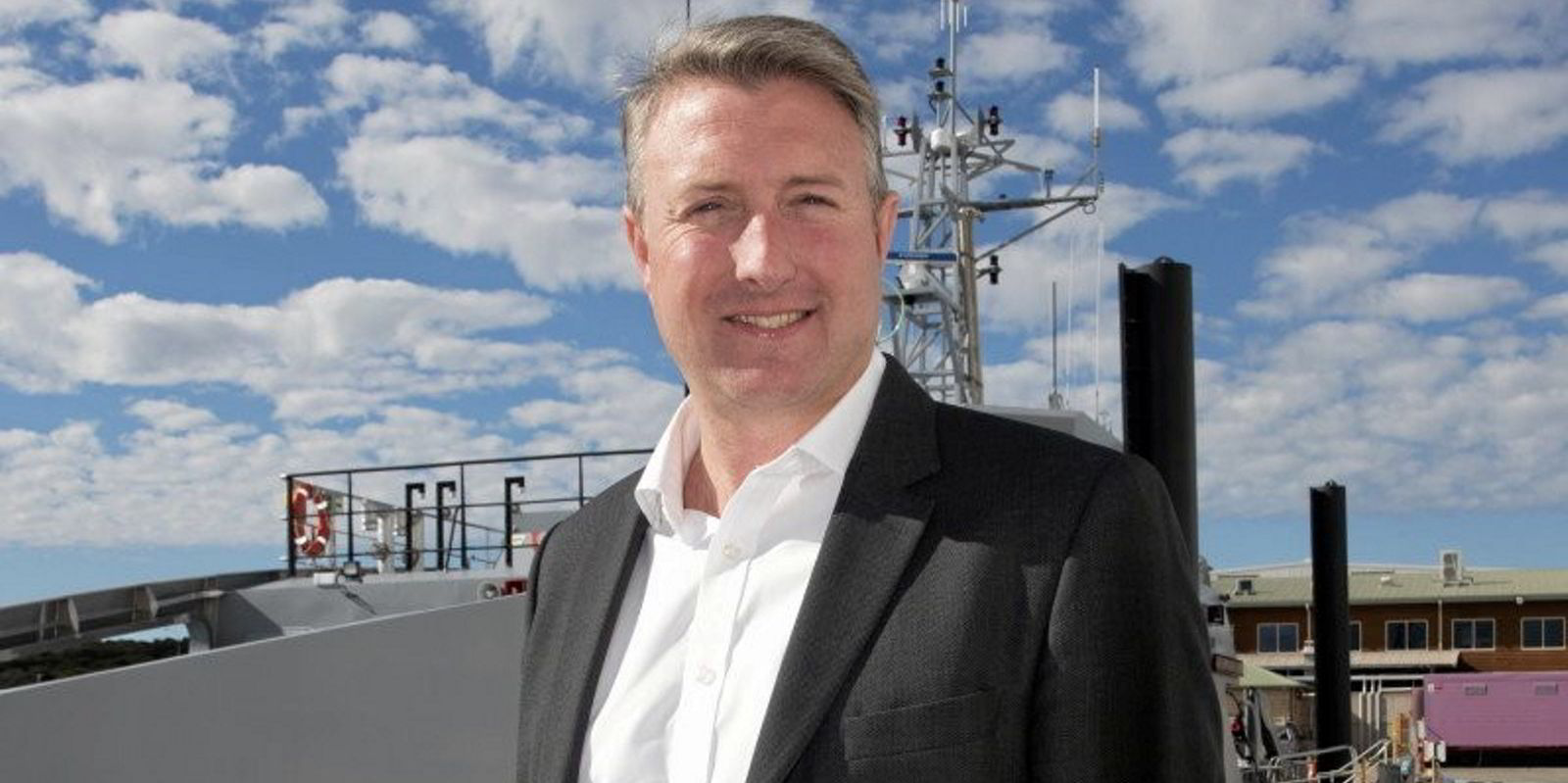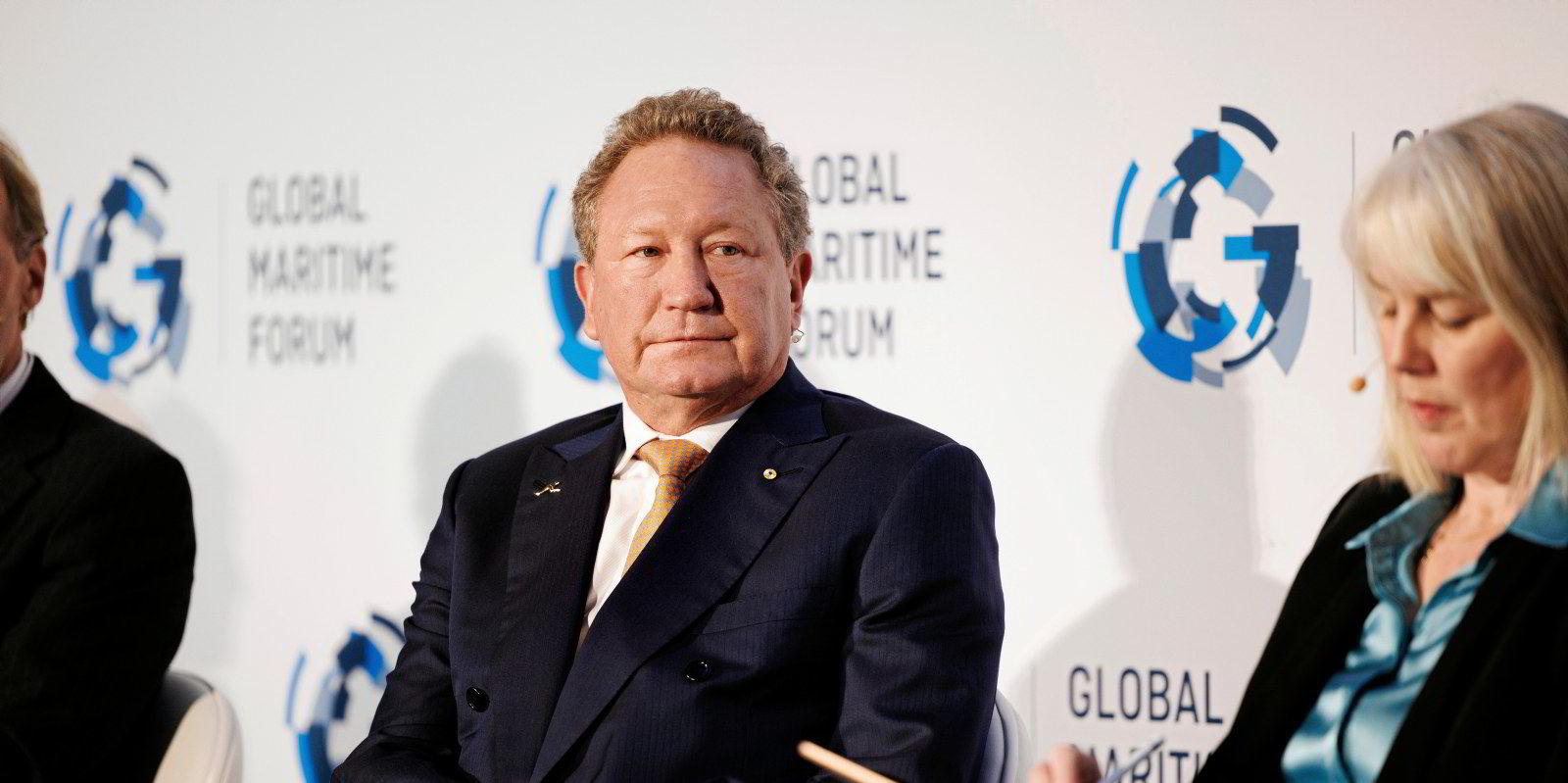Austal said it has redoubled its efforts to follow financial law after regulators indicted three executives at its US subsidiary on allegations of committing fraud for three years.
A company spokesman explained the compliance efforts days after the Securities and Exchange Commission (SEC) announced the allegations against former Austal USA president Craig Perciavalle, financial analysis director Joseph Runkel and littoral combat ships programme director William Adams.
“Austal USA has invested significant time and resources to strengthen its compliance programme since the investigations began,” an Austal spokesperson said in a statement.
“While significant changes have been implemented, a review of its current compliance programmes and practices is continuing to ensure that it maintains a significantly enhanced compliance program and conducts business with the highest level of integrity.”
Perciavalle, Adams, and Runkel are accused of artificially lowering costs for US Navy shipbuilding projects by $438m, the SEC has alleged.
They are accused of the fraudulent activity from January 2013 through July 2016 by reducing “estimate at completion” costs on multiple littoral combat ships being built for the navy so that Austal could falsely overstate Ebitda by $79m and meet analyst consensus during this time.
Austal USA chief financial officer Rusty Murdaugh replaced Perciavalle as the unit’s president in February 2021 after Perciavalle resigned from the company. He became vice president and general manager of Fincantieri Bay Shipbuilding in Sturgeon, Wisconsin, in September 2021.
Paddy Gregg became Austal’s chief executive in January 2021 after David Singleton stepped down as chief executive after five years in that role and nine years as a director of the company’s board.
The US Justice Department has charged Perciavalle, Adams and Runkel each with one count of conspiracy to commit wire fraud and wire fraud affecting a financial institution, five counts of wire fraud and two counts of wire fraud affecting a financial institution.
If convicted, they each face a maximum penalty of 30 years in prison for the conspiracy count and each count of wire fraud affecting a financial institution, and 20 years in prison for each count of wire fraud.
The SEC, which alleged that Perciavalle, Runkel and Adams violated US antifraud provisions, has demanded that Austal recompensate investors for any losses incurred as a result of the fraudulent activity.
It also has requested that Austal pay civil money penalties and bar any officers and directors who were involved in the fraudulent scheme from the company.






